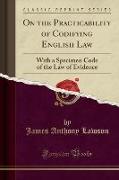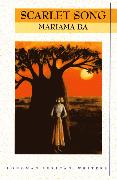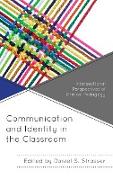On the Practicability of Codifying English Law
BücherAngebote / Angebote:
Excerpt from On the Practicability of Codifying English Law: With a Specimen Code of the Law of Evidence
This is a very useful work, and is now in progress, and in the end it will considerably reduce the number of volumes to which we shall have to refer, in order to find out what the statute law is. It is also a work requiring great care and labour, and questions of great nicety arise as to the partial or total repeal of statutes. One of such questions gave rise to a discussion in the House of Commons last session between two distinguished legal Members of the House.
Into this part of the subject I do not propose to enter. I desire to consider what may be done to simplify and condense our unwritten law.
On the 22nd November, 1866, a Royal Commission was issued, directed to some of the most eminent judicial persons - and other men of distinguished ability - to enquire into the "expediency of a digest of law, and the best means of accomplishing that object, and of otherwise exhibiting in a compendious and accessible form the law as embodied in Judicial Decisions."
This Commission made its First Report on the 13th May, 1867. It presents a very clear picture of the work to be done with respect to the unwritten law. It says: - "The judicial decisions and dicta are dispersed through upwards of 1, 300 volumes, comprising, as we estimate, nearly 100, 000 cases, exclusive of about 150 volumes of Irish reports, which deal to a great extent with law common to England and Ireland. A large proportion of these cases are of no real value as sources or expositions of law at the present day. Many of them are obsolete, many have been made useless by subsequent statutes, by amendment of the law, repeal of the statutes on which the cases were decided, or otherwise, some have been reversed on appeal or over-ruled in principle, some are inconsistent with or contradictory to others, many are limited to particular facts or special states of circumstances furnishing no general rule." It then recommends a digest, correctly framed, and revised from time to time, as going far to remedy the evils pointed out. It thus defines a digest: - "A condensed summary of the law as it exists, arranged in systematic order under appropriate titles and subdivisions, and divided into distinct articles or propositions, which would be supported by references to the sources of law whence they were severally derived, and might be illustrated by citations of the principal instances in which the rules stated had been discussed or applied."
It then approves of the digest, and recommends that a portion of it, sufficient in extent to be a fair specimen of the whole, should be in the first instance prepared.
The Commissioners made their Second Report on the 11th May, 1870, in which they state what had been done in the interval. They employed three gentlemen of the bar to frame a digest of the law upon each of the following subjects: Mortgages, Easements, and Bills of Exchange. This report admits in substance that the experiment has failed. It states that the gentlemen whose assistance they have had have laid before them materials of considerable value, and have enabled, them to form conclusions as to the conduct of the entire work.
About the Publisher
Forgotten Books publishes hundreds of thousands of rare and classic books. Find more at www.forgottenbooks.com
Folgt in ca. 5 Arbeitstagen




